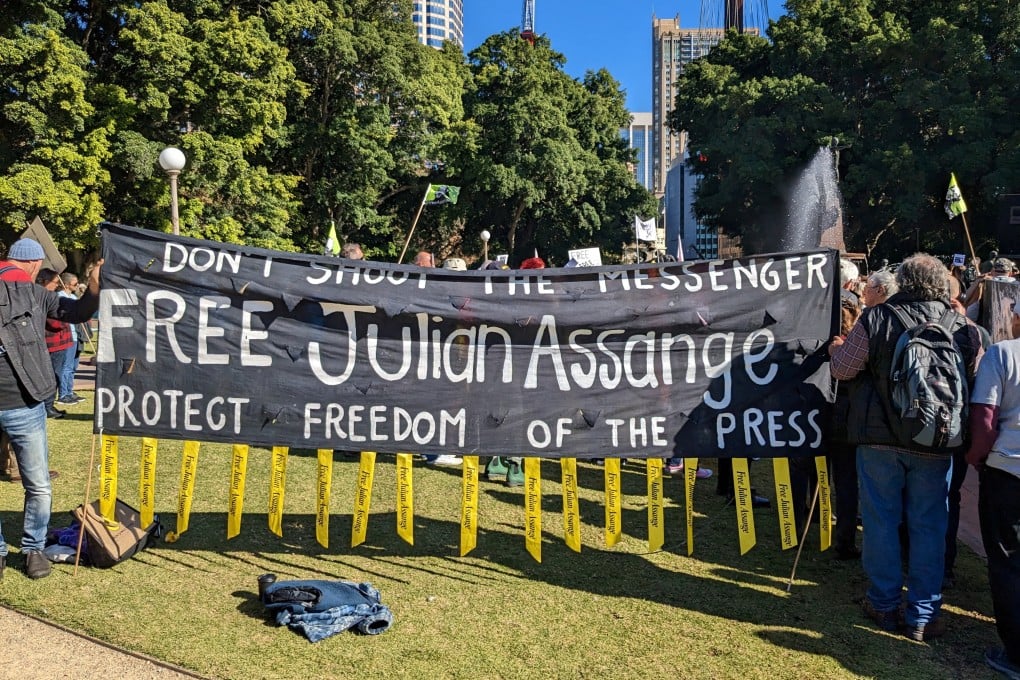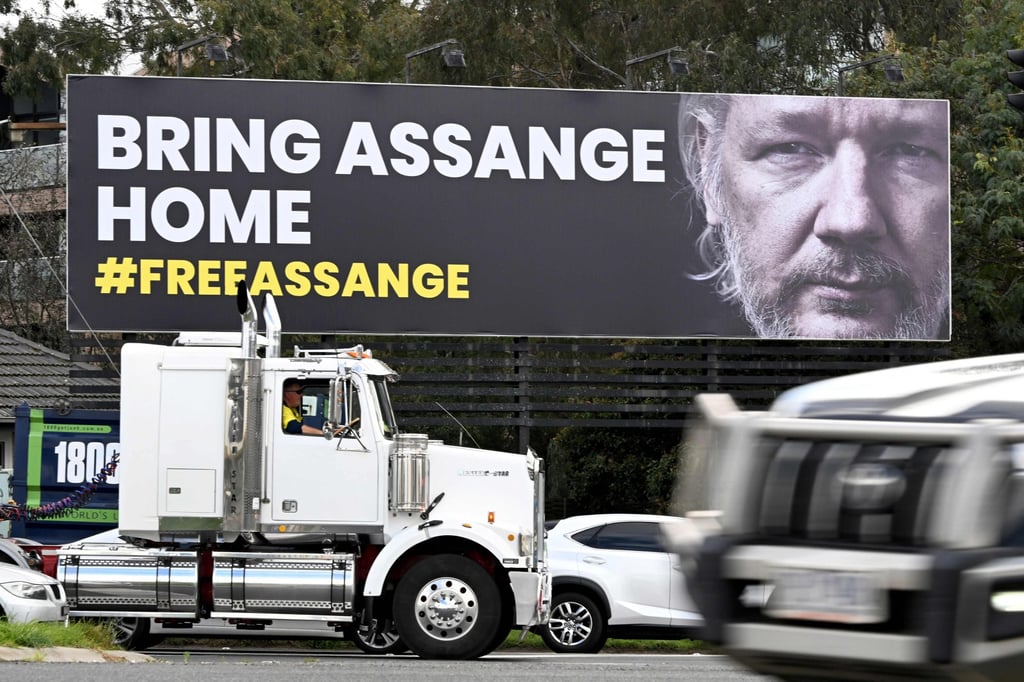Albanese makes firmest call yet for Julian Assange’s freedom, as case marks ‘rare crack’ in Australia-US ties
- The WikiLeaks founder faces a UK hearing next week that will determine his chances of an appeal against extradition to the US
- Analysts say there will be ‘considerable community concern’ if an ally of Australia incarcerates a local journalist for doing his job

The move has proved significant after an initial reluctance by Albanese to push Washington harder in dropping the pursuit of the WikiLeaks founder, who is facing espionage charges and more than 100 years in prison. US Secretary of State Antony Blinken last year said Australians should understand American “sensitivities”.
Analysts say the latest development marks a “rare crack” in Canberra-Washington ties, with considerable community concern expected if an ally of Australia incarcerates a local journalist for “simply doing his job”.

On Wednesday, in his firmest call yet for Assange’s release, Albanese and 85 other members of the house of representatives voted to support a motion to end Assange’s incarceration that stemmed from him “doing his job as a journalist” to reveal “evidence of misconduct by the US”.
Opposition leader Peter Dutton and 41 members of his party voted against the motion.
In parliament on Thursday, Albanese followed up on his vote with a message to the US that the Australian government had a responsibility to make representations for its citizens, as it had done previously.
“In recent times, it is important that we have a calibrated and deliberate approach to this engagement,” he said. “It’s not up to Australia to interfere in the legal processes of other countries. But it is appropriate for us to put our very strong view that those countries need to take into account the need for this to be concluded.”